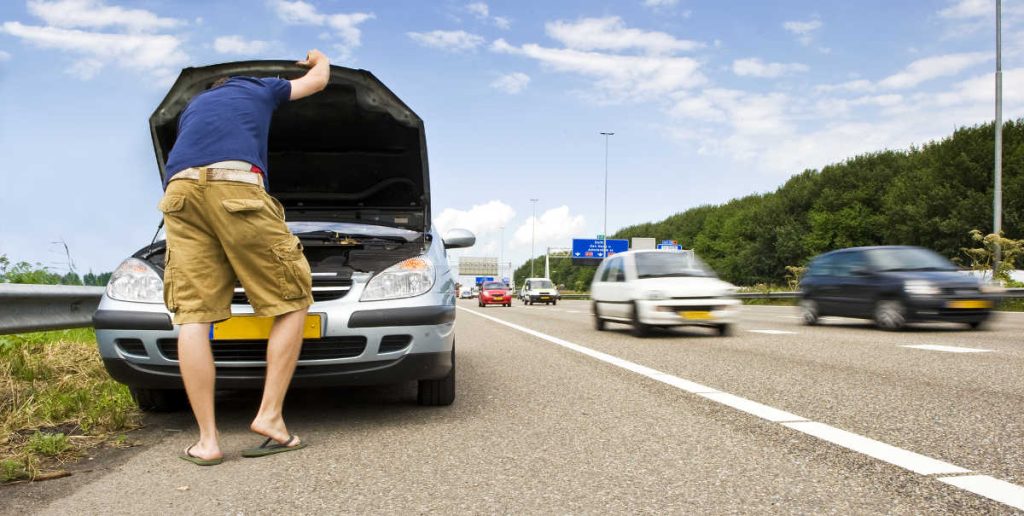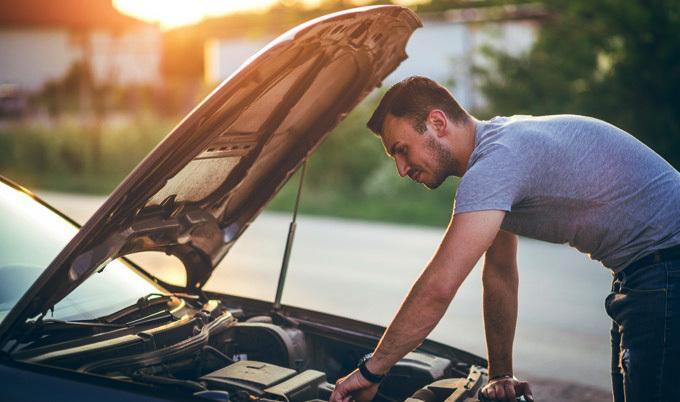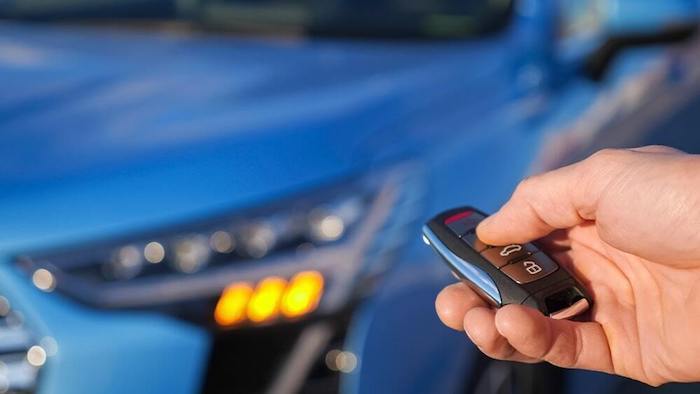Have you ever been driving your car and suddenly it stalled? Do you find yourself asking why this happened and how to prevent it from happening again? If so, then you’re in the right place!
This blog post will discuss the most common causes of car stalling while driving and provide tips on how to keep your car running smoothly.
Alternator Failure
When it comes to why cars stall while driving, one of the most common causes is alternator failure. When an alternator fails, it is unable to provide the necessary power to keep the engine running, which can lead to stalling. Additionally, a faulty alternator can provide significantly less voltage, leading to rapid battery discharge, which can also lead to stalling.
It’s important to note that the alternator is responsible for charging your car’s battery, and if it is not functioning properly, your vehicle will not be able to generate the electrical energy it needs while you’re driving.
Replacing an alternator can be costly, so if you suspect this might be the cause of your problems, it’s best to have it checked by a professional.
Charging System Issues
A faulty charging system can also be a majorreasonn why your car stalls while driving. A bad battery, alternator, or other charging system component can cause your car to stall suddenly.
The battery is responsible for providing power to all of the car’s electrical components, including those that keep the engine running. If the battery charge is low, then the spark plugs may not receive enough power to ignite the fuel mixture and cause the engine to stall.
Checking the battery terminals and cables for corrosion or loose connections is essential for maintaining a healthy charging system.
Faulty Fuel Pump
A faulty fuel pump can lead to a number of issues, such as stalling while driving. In some cases, the issue may be a result of the fuel pump not providing enough pressure or feeding the engine the wrong type of fuel.
If this is the case, it could cause a misfire or lack of power that results in stalling. Additionally, if the fuel filter is clogged, it can also cause a vehicle to stall.

Faulty Sensors
The faulty sensors that can cause your car to stall while driving are the throttle position sensor (TPS), mass air flow (MAF) sensor, accelerator pedal (APP) sensor, and intake air temperature (IAT) sensor.
Issues with any of these sensors can lead to the engine stalling. If the camshaft or crankshaft position sensors are not working properly, your car can also stall out.
The MAF sensor can sometimes be damaged by backfiring the engine, and if there is an accumulation of oil and dirt on it, it could show inaccurate readings.
It is important to keep your sensors in good working order in order to prevent your engine from stalling while driving.
Vacuum Leak
A vacuum leak can be a major contributor to stalling while driving. When there are vacuum leaks, air, and fuel can’t get to the engine as easily, which leads to bad combustion and a lack of power. This can cause the engine to hesitate or even stall out completely.
To prevent this from occurring, it’s important to check for any vacuum leaks and repair them as soon as possible. Aside from the dangers of having your car stall while driving, a vacuum leak can cause severe damage to your engine’s internals. This will lead to further issues down the line, so it’s best to take care of it now before it becomes a bigger problem.
Faulty Crankshaft or Camshaft Sensor
A faulty crankshaft or camshaft sensor is one of the most common causes of cars stalling while driving.
If the crankshaft position sensor breaks, it won’t be able to send the correct information about where the pistons are to the engine control unit. As a result, drivers may experience a glowing check engine light, stalling, poor acceleration, and bad fuel mileage.
It’s best to replace both the camshaft sensor and the crankshaft sensor at the same time to prevent any more problems and get your Check Engine light to turn off.
Lack of Air Flow
Another reason for engine stalling is a lack of airflow. Smoke particles can quickly clog your filter, causing the engine to stall.
If you’re dealing with unusually poor air quality, it’s important to check and change your air filter more frequently than normal. Engine stalling can also be the result of improper airflow, most often caused by a blocked or clogged air filter, though a dirty mass airflow sensor can also be to blame.
Cracks in the fuel line, water in the fuel, and a clogged fuel filter could also be the culprits that are making your engine stall, so make sure to check these out if you’re dealing with this issue.
Improper Ignition
Ignition issues can also be the cause of a car stalling, if the spark plugs, wires, or coils are worn out, damaged, or not functioning properly.
Faulty ignition coils, deteriorated distributor caps, and damaged rotor buttons are all common sources of spark loss that can lead to engine stalling. Also, if the fuel mixture isn’t right, the engine might stop running because it won’t get the right amount of spark to light the fuel.
Therefore, it is important to check your car’s ignition system regularly to ensure it is working properly and your engine is getting the right amount of fuel and spark.
Running Out of Fuel
Generally, most engines will rely on gas to be able to run, so if you forget to fill up the tank, you could be left stranded. Not having enough fuel can also cause the engine to stall, as it won’t be able to run properly and will struggle to have enough power to keep running.
Trouble with Transmission
In addition to the usual reasons why a car might stop running, transmission problems can also be to blame. Occasionally, severe transmission issues can result in an engine stalling, putting excess strain on the engine.
If you’re driving a manual transmission vehicle, it’s important to make sure you’re operating the clutch and shifting gears appropriately.
If the car stalls while driving, it could be a sign that something is stopping the engine from functioning as it should, resulting in a loss of power.
Make sure to get your car checked out if it stalls or if you start to experience any transmission issues, as they can be serious and cause further damage if left unchecked.

Chris Miller is an auto journalist who specializes in reviewing new cars and providing helpful advice on family vehicles. He has a passion for cars and enjoys sharing his knowledge and expertise with others.





